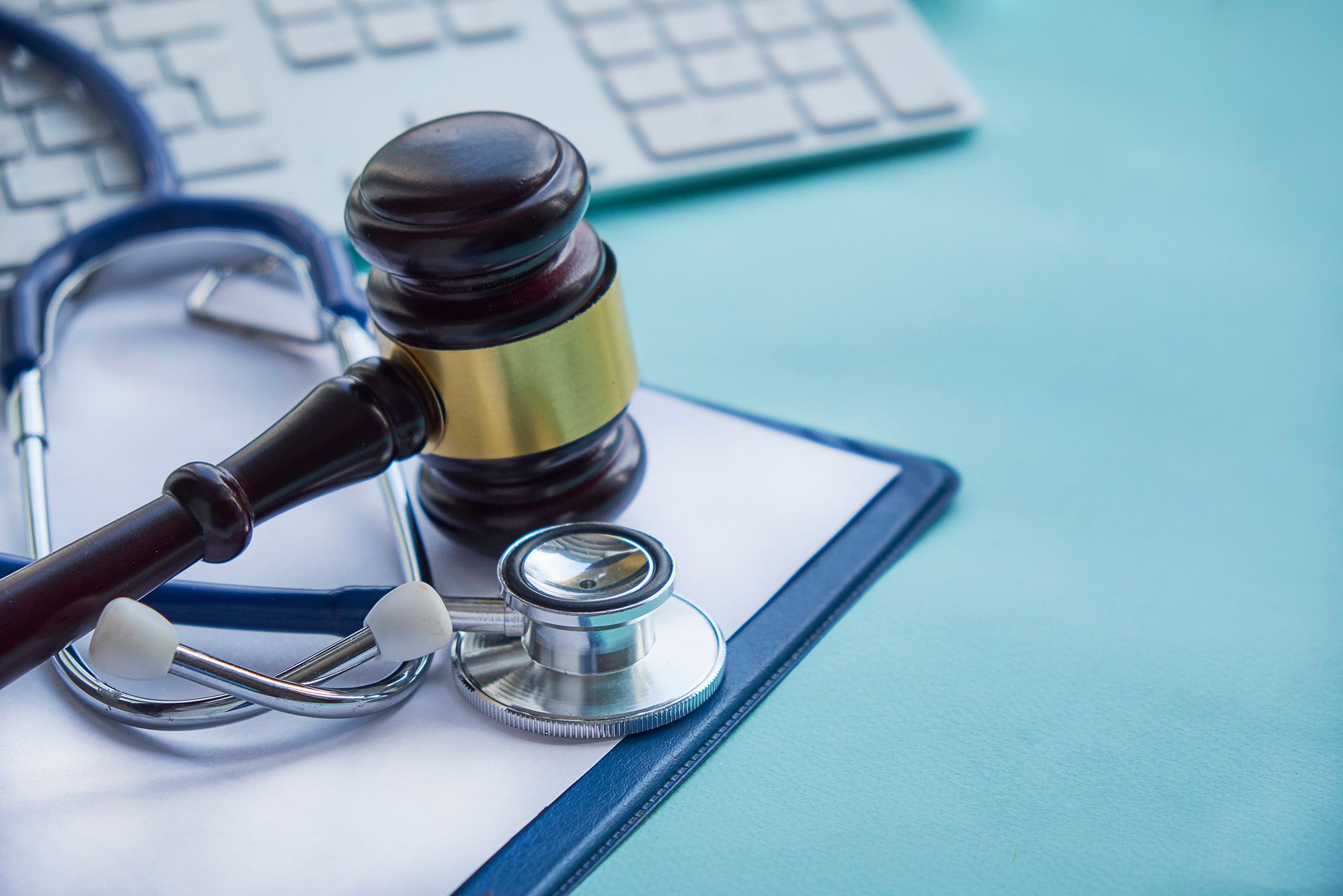Services

Spine Med-Legal
Dr. Dillin has performed med-legal reviews since 2004. He keeps an active Rule 26. He has testified predominantly in California trial courts and federal court, but has also appeared in legal proceedings in multiple states.
- Independent medical evaluations – Physical spine exam
- Independent medical evaluations – Verbal summary
- Independent medical evaluations – Written reports
- Independent medical reviews – Verbal summary
- Independent medical reviews – Written reports
- Tele-Legal Video Conferences (Zoom)
- Mediations & Depositions
- Arbitrations & Exhibits
- Trials & Exhibits

Tele-Legal
Teleconferencing has shortened the space between all of us. During the COVID era, we learned that depositions, arbitrations, and even trials could take place over Zoom.
Tele-legal services are offered to supplement traditional physical presence. Often visual explanation clarifies when words alone might not suffice.
Tele-legal defines a new, exciting, and innovative communication tool. Physical presence is preferred for the direct impact at arbitration and trial.
Tele-legal is an enhancement, not a substitute for traditional med-legal services.
What is the Foundation for Medical Legal Services?
-
Evidence-Based Spine Decision Making:
best science and best thinking
-
Spine Care Appropriateness:
avoiding low-value care
-
Patient Safety:
correct diagnosis, correct treatment selection, and correct process management
-
Surgery Simulation:
transition from unfamiliar to expertise, from practice to reality
Clinical History
Since July 1, 1978, I have attended to the daily details of the individual lives of surgery patients-45 years and 9 months. Inside those numbers, I have performed spine surgery and spine interventions exclusively for 39 years and 9 months. During my career I have focused on the safety of my patients and how I could continually improve, to bring them the best possible information and technical services.
Forensic Interest
During the last 20 years, in addition to a robust clinical practice, I have performed forensic spine services. My personal interest in my patient’s safety and the goal of my continuous performance improvement paralleled, crossed over, and inspired within the forensic world.
The approach to error reduction, studying the circumstances in which these problems occur, and taking corrective measures for prevention, became the beneficial derivative. A tenet of these activities was the demonstration that one earns one’s expertise every day.
In addition, the spine physician/proceduralist is a career-long student, reinvigorating “expert knowledge” by reconsidering the ‘old’ and assimilating the ‘new.’ It is a tug of war nourished by a skeptical and generous eye, a place of humility, saturated by a single mission–”what is best for my patient.”
Freedom of Choice
My goal is to expand from the one-on-one to the one-on-many relationships to spine patients. How can I contribute to more? During my career, I developed a systems approach to the capture, routing and distribution of patient data, fitting evidence-based decision grids, optimizing spine patient/benefit and reducing harm.
Encased in this system is the education of patients regarding choice. Freedom of choice cannot take place without the freedom of understanding organized decision-making. It is estimated that 40% of spine care is not necessary and that patients are placed in harm’s way when offered inappropriate spine surgery and spine interventions.
How can a patient truly decide in an environment of unequal knowledge? It is my goal to help facilitate their understanding and help them achieve the goal of informed, shared decision making. A simple code runs through it all: “what is best for the spine patient.”
Advancing Technology
During my spine surgery and spine intervention career, the technology of procedures changed, and new procedures evolved. I addressed the challenge by training like a pilot.
Through recurrent pilot training in simulators, the pilot practices normal and abnormal flight. Over the last 40-plus years, I have traveled to various surgical labs to practice spine procedures, both surgical and interventional. The goal was to perform all the procedures in the spine at least every two years and concurrently study the conditions in which those procedures applied.
As computerization improved, the potential to use computer generated surgery simulation models became an additional focus, with the goal of making them real enough so that one day there will be a seamless transition from simulation to the actual reality of surgery.
The simulation model is how surgeons can learn before performing. The simulation model is how surgeons can develop expertise in an array of operations so there is no learning curve associated with surgery being performed on patients. This is the goal, combining safety and excellence.
Patient Safety
I will continue to embrace the Patient Safety movement in general and contribute to its advancement in spine surgery and spine interventions. I will be volunteering my services in these areas on a national and local basis. The details of our day-to-day care meshed with system integrity will potentiate medicine to approach what the airline industry has accomplished. Just look at the numbers!
From One-on-One to One-on-Many
The same issues I have dealt with in my practice, I will continue to address in a larger world with even more patients. I wouldn’t have traded the one-on-one experience of the last, almost 46 years for anything else.
I approach these objectives with the same dedication and care as I have in the past. This is what physicians can really offer: the energy, the focus to take care of you, the patient, to have your interests reign above all others, and to secure your trust, so you can know that it is always about you.
